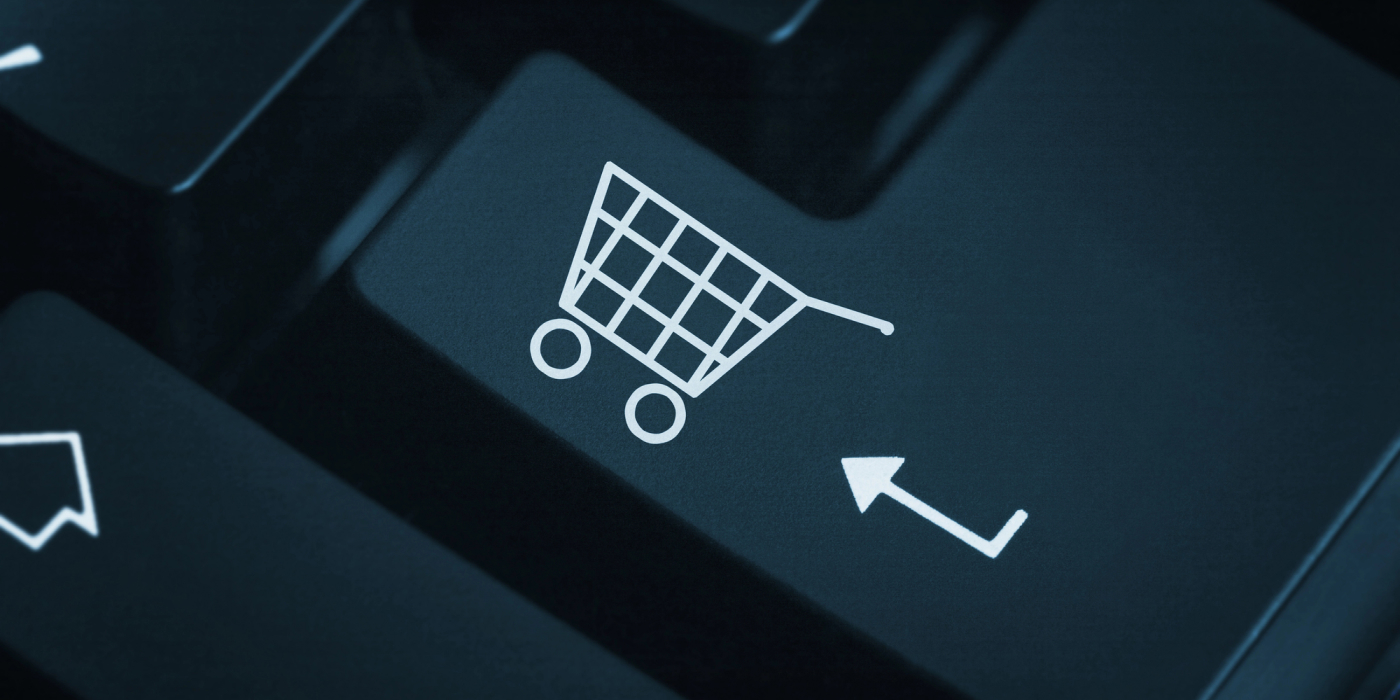B2B Marketplaces: Expanding Opportunities for Buyers and Sellers
In recent years, B2B marketplaces have emerged as powerful platforms that connect buyers and sellers, streamline procurement processes, and drive efficiencies in the B2B supply chain. Unlike traditional B2B sales channels, online marketplaces offer a dynamic environment where businesses can engage with a broader network of suppliers, buyers, and service providers. Online marketplaces also offer increased transparency and simplified transactions.
Here’s a look at the growing significance of B2B marketplaces and the opportunities they present for buyers and sellers alike.
The Rise of B2B Marketplaces
B2B marketplaces have experienced significant growth in recent years, fueled by advancements in technology and changing buyer behavior. These platforms provide a centralized hub where businesses can browse, compare, and purchase goods and services from a diverse array of suppliers. With features such as product catalogs, search filters, payment options, and delivery options, B2B marketplaces offer a user-friendly and efficient purchasing experience.
B2B marketplaces are the fastest growing B2B digital sales channel and a key driver in how businesses of all sizes are undergoing digital transformation. B2B marketplaces grew year over year nearly 100% in 2023, according to Digital Commerce 360. That’s up to $224 billion from $113 billion in 2022. The convenience of comparing suppliers, accessing detailed product information, and conducting transactions online streamlines the procurement process, making it faster and more cost-effective.

Benefits for Buyers
B2B marketplaces provide buyers with access to a vast network of suppliers, allowing them to discover new products and sources of supply that may not be available through traditional channels. Buyers can compare prices, reviews, and product specifications from multiple suppliers on a single platform, enabling informed purchasing decisions and fostering trust in supplier relationships. By digitizing the procurement process, marketplaces reduce the time and costs associated with traditional purchasing.
Automated workflows, bulk purchasing options, and competitive pricing through direct comparisons ensure that businesses can optimize their procurement strategies for better cost management. B2B marketplaces also provide meaningful data on buyer behavior, market trends, and pricing dynamics. Businesses can leverage this data to improve decision making, tailor their offerings, and anticipate market shifts more accurately.
Opportunities for Sellers
B2B marketplaces provide sellers with access to a larger audience of potential customers, including buyers from different geographic regions. By reducing geographic barriers, B2B marketplaces enable businesses to access new markets and customer segments. Small and medium-sized enterprises can benefit from the exposure to a global audience, enabling them to compete on a larger scale without significant upfront investment in marketing or sales infrastructure.
Sellers can showcase their products and services on B2B marketplaces, leveraging the platform’s marketing tools and promotional features to increase visibility and attract buyers. B2B marketplaces offer sellers a cost-effective and efficient sales channel, eliminating the need for extensive marketing and sales efforts and enabling them to focus on product development and customer service. Marketplaces also provide sellers with valuable data insights, including customer behavior, purchasing patterns, and market trends, allowing them to optimize their product offerings and marketing strategies.

B2B Marketplace Expansion
B2B marketplaces are expanding as they adapt to increased customer demand. Mirakl, the B2B and retail e-marketplace technology provider, says its Marketplace Platform reached profitability last year for the first time since the company’s launch in 2012. Mirakl has been expanding and upgrading its digital commerce and marketing products and services in several areas to help online sellers meet rising expectations of personalized and helpful online buying journeys. For example, Mirakl has integrated AI technology across several Mirakl technology platforms including Mirakl Marketplace and content personalization.
Provi, a B2B online marketplace featuring over 1,400 alcoholic beverage distributors, recently launched new services to streamline retail chains’ complex purchasing needs. The company introduced enhanced enterprise management and procurement software and services. To improve how retail chains manage orders for all their locations, Provi introduced an upgraded approval queue designed to let chains’ regional procurement managers use a single computer interface to view and act on product requests from multiple retail store locations. This provides corporate executives with a centralized view of their national beverage purchasing program sourced from various distributors.
B2B marketplaces are revolutionizing the way businesses buy and sell goods and services, offering a host of benefits for both buyers and sellers. By providing access to a vast network of suppliers and customers, increasing transparency and efficiency in procurement processes, and driving cost savings and revenue opportunities, B2B marketplaces are reshaping the B2B landscape.
For more information about how our delivery management solution can help you manage your deliveries more efficiently, please contact info@bringoz.com.
